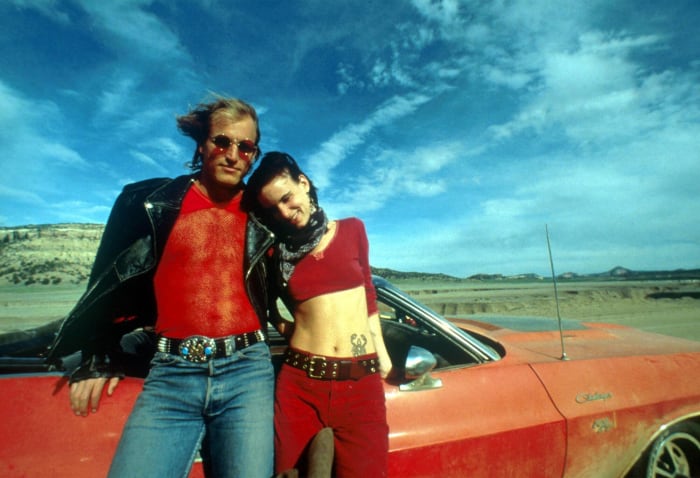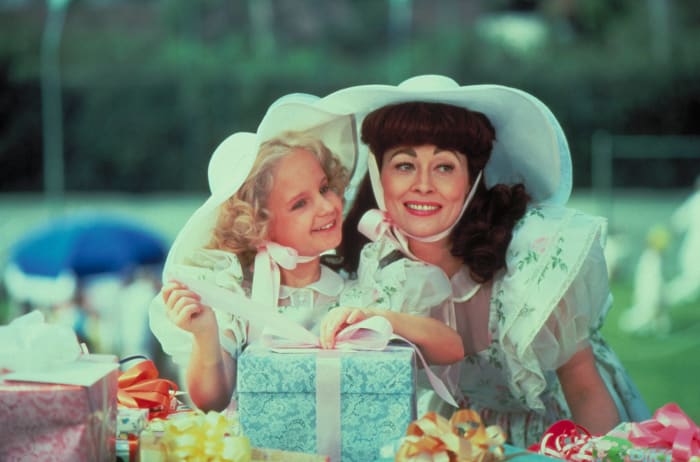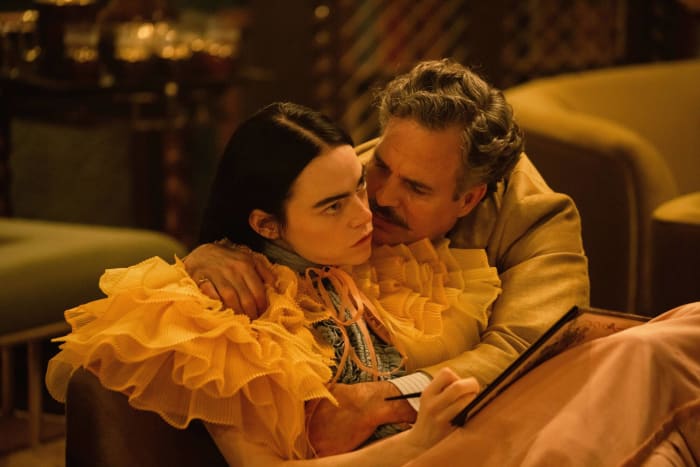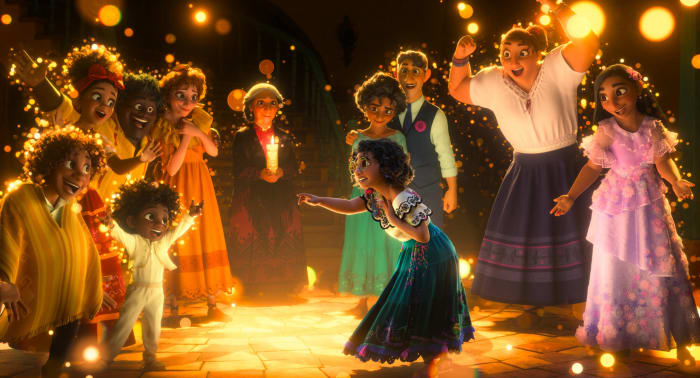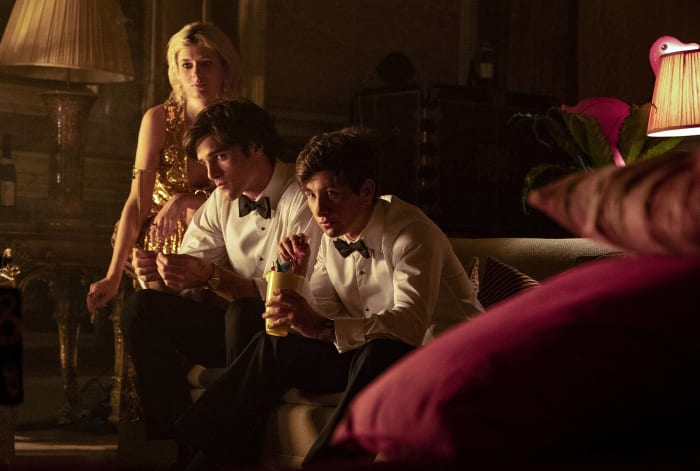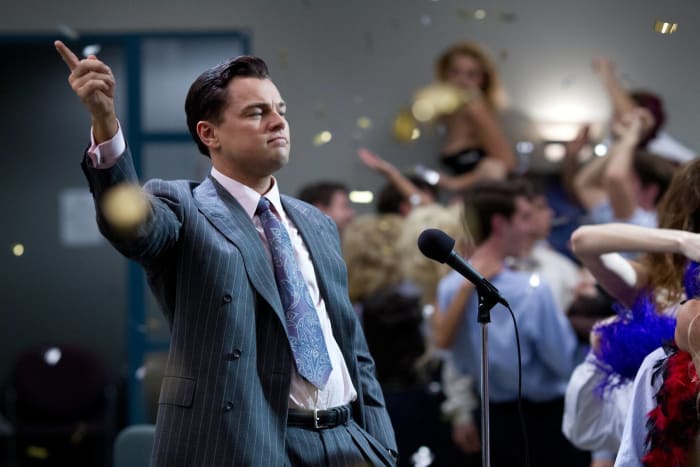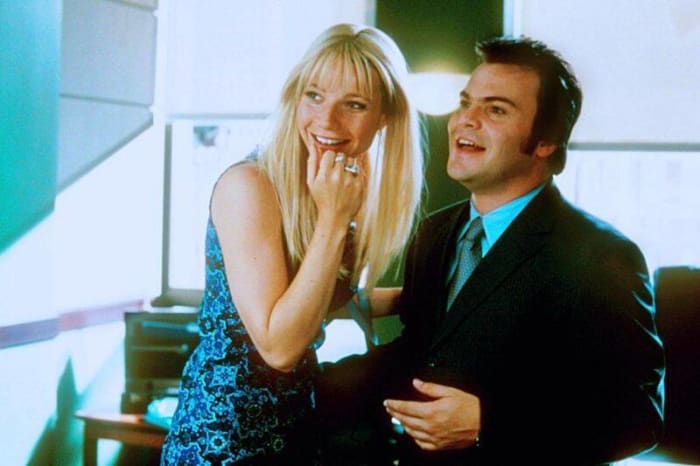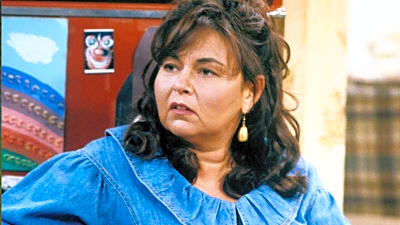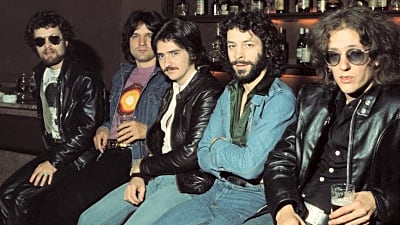
Films that failed in getting their message across
Meaning is a tricky thing, and this is particularly true in the movies, which, like other kinds of texts, are highly suspect to the particular viewing perspectives of their audience(s). Indeed, the history of Hollywood is filled with examples of films which, for one reason or another, ultimately failed to deliver on the messages they sought to convey to their viewers. This has been particularly true of satires, which sometimes end up celebrating or valorizing the very problem they claim to decry. As such, they serve as reminders of how movies can change what they mean when they leave the hands of their creators and are sent out into the world.
More must-reads:
- George R.R. Martin reveals which 'Game of Thrones' deaths he'd change from the show
- 20 famous actors you didn’t know can sing
- Scariest moments from Alex Honnold’s Taipei 101 free solo
Customize Your Newsletter
 +
+
Get the latest news and rumors, customized to your favorite sports and teams. Emailed daily. Always free!
